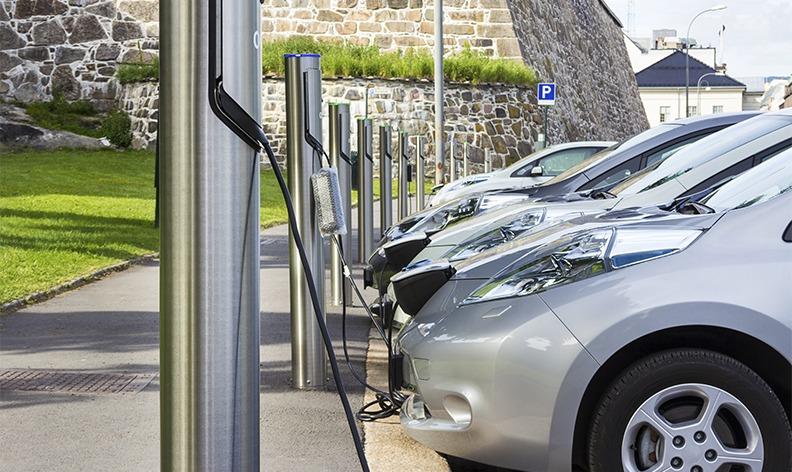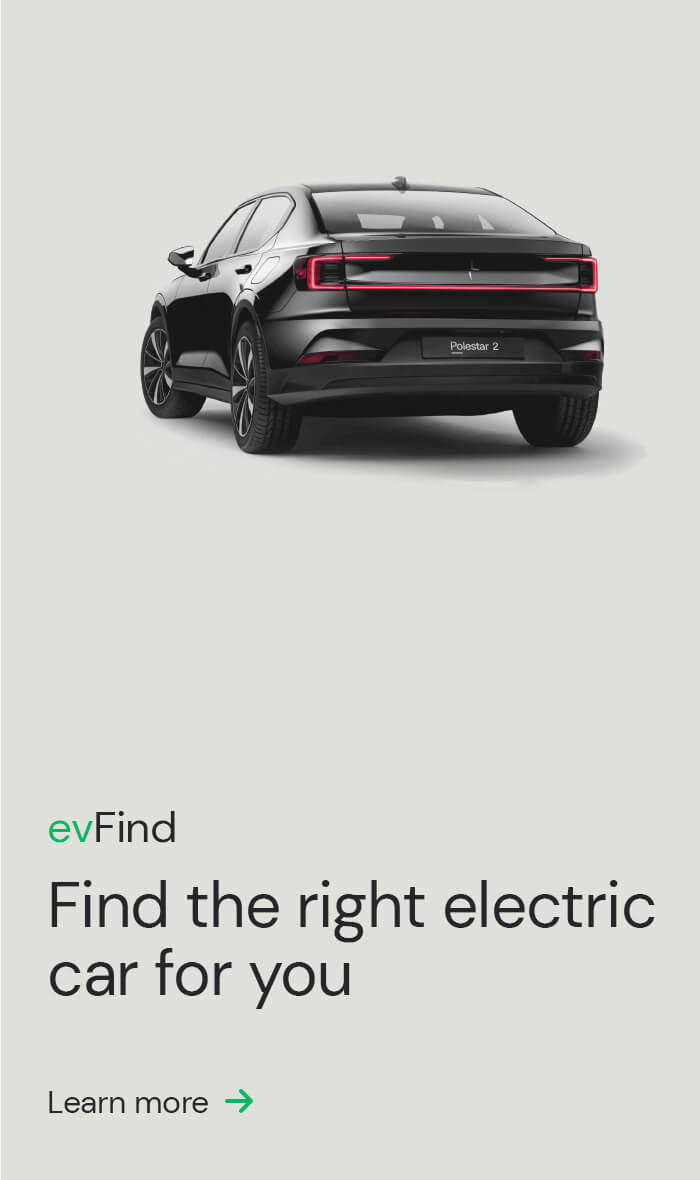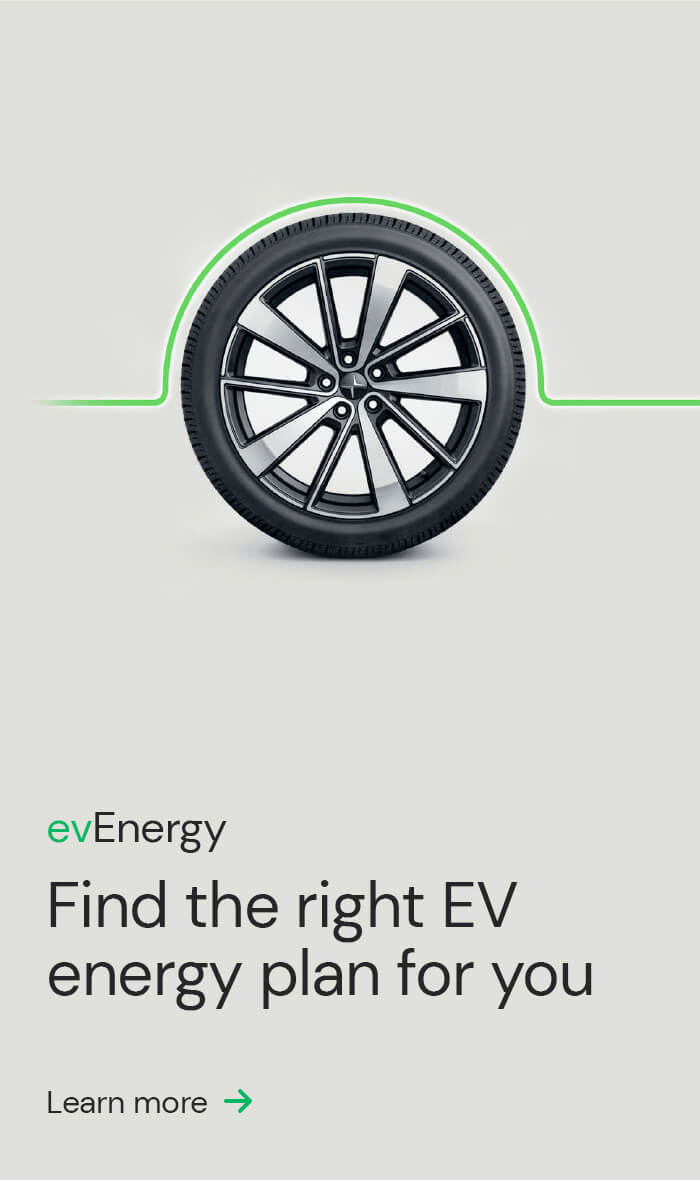Because EVs are manufactured in smaller quantities and have large batteries made with costly components, they are relatively more expensive than internal combustion engine cars. If you’re considering making the switch to an electric car, you may be wondering if and when will EV prices go down.
Thanks to a growing market and cheaper batteries, prices have dropped in recent years and the good news is they do look set to drop further in the near future. Here’s why:
The EV market in Australia
In 2012, a Nissan Leaf cost $51,000. Ten years later the 2022 version costs $49,990. Although only a modest drop in price, it’s significant considering the advancement in technology, increase in the car’s range and allowing for a decade’s worth of inflation.
Despite a slow start compared to the rest of the world, the Australian EV market is quickly gaining traction and there has never been a better time to buy or lease an electric car. In 2021 Australia recorded 20,665 EV sales – a remarkable increase from the 6,900 sold in 2020.
Will electric car prices go down, and when?
Yes, and quickly too. With a huge global push for a post-petrol future, the sale of all new petrol and diesel cars may cease as early as 2030. According to predictions from BloombergNEF, sedan and SUV EVs will be cheaper to produce than ICE vehicles by 2026, and smaller EVs by 2027.
What will facilitate low electric car prices?
There are a multitude of factors that will influence the welcome arrival of cheap electric cars. Firstly, high prices have fallen due to the research and development of brand-new technology. As future generations of EV tech will have an established benchmark to work from, development costs will come down.
With most car manufacturers now prioritising EV production, supply will dramatically increase, having a positive knock-on effect for the consumer’s wallet. In 2010, lithium-ion battery pack prices averaged 1,200 USD per kWh. Today, they’re down 89% to an average of just 132 USD per kWh. A continued drop in battery prices will help continue lower the cost of EVs as well.
Summary
- The Australian EV market is picking up speed, with 20,665 EV sales in 2021, compared to 6,900 sold in 2020.
- Sales of all new petrol and diesel cars may cease as early as 2030.
- It’s forecasted that sedan and SUV EVs will be cheaper to produce than ICE vehicles by 2026, and smaller EVs by 2027.
- Less demand for research and development, more models on the market and cheaper battery prices will all contribute towards the expected electric car price drop.
Are you considering making the switch to an electric vehicle? ActewAGL can help you effortlessly find, finance and charge your EV. Discover how ActewAGL can support your transition to sustainable driving today.
Sources



